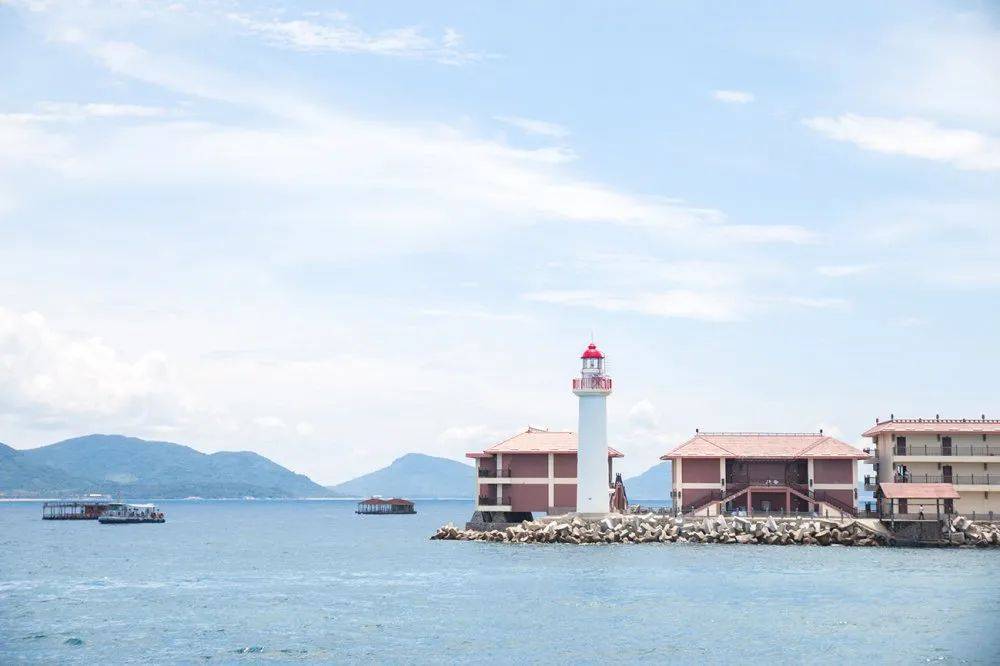Castiglione di Sicilia, one of the most beautiful villages in Italy. Its rich historical, architectural and natural heritage has made it the center of a series of the most important tourist itineraries in Sicily. However, the prolonged epidemic is causing this place to face many challenges.

Castiglione di Sicilia seen from above. Beautiful old village Perched on the cliffs on the northern slopes of Mount Etna, the small village of Castiglione di Sicilia overlooks the spectacular Alcantara valley, where deep pools with silver-white cliffs stand out against deep green trees and clear waterfalls squeeze. Etna is famous as Europe’s largest active volcano, attractive by scattered lava caves, pine forests and old lava flows. All create the majestic and special scenery of this area. Many visitors come here to experience activities such as hiking, rafting, canyoning, biking, horseback riding and lounging on the trails, through the dark lava-colored hills. Forests, olive groves, orange groves, hazelnut plantations and wine estates are scattered around the village, creating a pleasant rural atmosphere. Castiglione is known as the “city of wine” – a giant sculpture in the shape of a barrel and wine glass located at the entrance to the village. Thanks to the presence of many wineries, farms, restaurants, pubs, it is also a prime destination for food and wine tours. There are now more than 50 wineries in the region that produce and market wines internationally. Like many ancient villages in Italy, Castiglione di Sicilia consists of many “layered” houses on the hillside, bound together by small streets paved with lava stone. In addition to the charming scenery, this place is especially attractive because of the cultural heritage left over from the Middle Ages, reminiscent of an ancient Italy familiar in literature and art. Winding forest paths will lead you past crumbling Greek fortresses and Byzantine chapels with secret tunnels. According to many documents, Castiglione di Sicilia was founded on the ashes of prehistoric settlements in 403 BC by refugees from the coastal settlement of Naxos, near modern Taormina. Its name derives from the “Lion Castle”, Castiglione’s coat of arms still features two lions standing guard. For centuries it was a vibrant and powerful fief, one of Sicily’s most prosperous and strategic outposts. Roads and walls are made of dark lava cobblestone, while aristocratic residences are adjacent to modest houses. Located along the hillside, the town is divided into several districts at different elevations. The old center was a labyrinth of cobbled alleyways and buildings with gates decorated with gargoyles.  Old dilapidated houses in Castiglione di Sicilia. Wish to be restored Despite its unique beauty, Castiglione di Sicilia recently made the world “shocked” when offering old houses here for 1 euro, equivalent to 1 cup of coffee. This is because in this town there are about 900 abandoned houses. About half have been destroyed and will be given away for a symbolic price of 1 euro (~1.2 USD). The rest are in better condition and will be sold cheaply, starting from 4,000 – 5,000 euros. The reason is that many of the town’s former residents have migrated to Australia and South America in search of a brighter future. Their descendants never returned, leaving many houses in ruins, the doorways covered with moss and prickly pear branches. The prolonged Covid-19 epidemic and tourism stagnation made the scene even more dreary because most of the old houses are located in the oldest parts of the town. For example, Giudecca, the Jewish quarter is full of abandoned stone houses with thick, dilapidated walls. Most of the empty buildings in this area have a unique appearance, shaped like small turrets, with various entrances from different streets. That’s why Mayor Antonino Camarda undertook an ambitious project to breathe new life into his village, whose population has dropped from 14,000 in the early 1900s to just 3,000 today. He told CNN: “We have a huge architectural legacy to rescue, filled with history. Over time, too many people have gone, leaving behind picturesque old houses, many houses even date back to the Renaissance.” Hopefully with such a “shock price”, the old houses in Castiglione di Sicilia will soon be noticed by investors and the village will soon be revived.
Old dilapidated houses in Castiglione di Sicilia. Wish to be restored Despite its unique beauty, Castiglione di Sicilia recently made the world “shocked” when offering old houses here for 1 euro, equivalent to 1 cup of coffee. This is because in this town there are about 900 abandoned houses. About half have been destroyed and will be given away for a symbolic price of 1 euro (~1.2 USD). The rest are in better condition and will be sold cheaply, starting from 4,000 – 5,000 euros. The reason is that many of the town’s former residents have migrated to Australia and South America in search of a brighter future. Their descendants never returned, leaving many houses in ruins, the doorways covered with moss and prickly pear branches. The prolonged Covid-19 epidemic and tourism stagnation made the scene even more dreary because most of the old houses are located in the oldest parts of the town. For example, Giudecca, the Jewish quarter is full of abandoned stone houses with thick, dilapidated walls. Most of the empty buildings in this area have a unique appearance, shaped like small turrets, with various entrances from different streets. That’s why Mayor Antonino Camarda undertook an ambitious project to breathe new life into his village, whose population has dropped from 14,000 in the early 1900s to just 3,000 today. He told CNN: “We have a huge architectural legacy to rescue, filled with history. Over time, too many people have gone, leaving behind picturesque old houses, many houses even date back to the Renaissance.” Hopefully with such a “shock price”, the old houses in Castiglione di Sicilia will soon be noticed by investors and the village will soon be revived.




























































You must log in to post a comment.